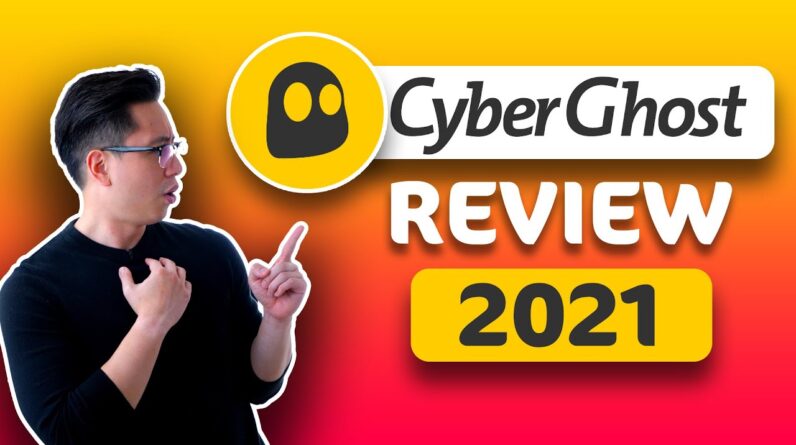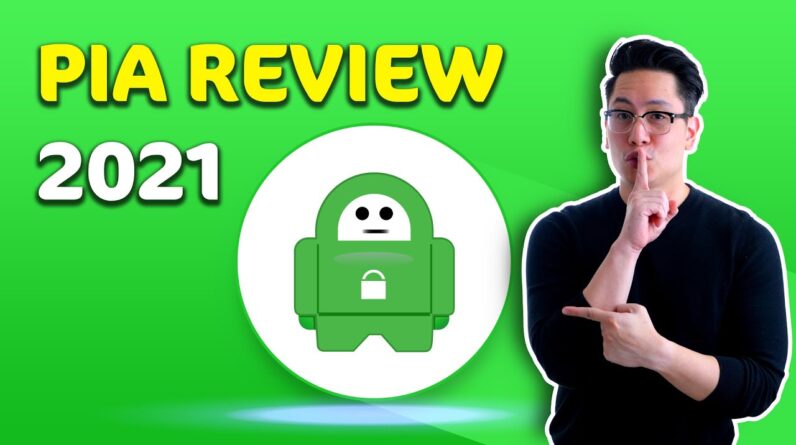Opting for free VPN services might end up being an unproductive use of your time, and it’s recommended to steer clear of them entirely. Although these services often promise secure browsing and privacy, the truth is that numerous free VPNs have considerable drawbacks and restrictions. In this article, we’re going to delve into why depending on free VPNs might be fruitless. Uncover the possible dangers and constraints linked to free VPNs, thereby aiding you in making a knowledgeable choice regarding the safeguarding of your online actions.
Introduction
In today’s digital age, where online privacy and security are of utmost concern, virtual private networks, or VPNs, have become increasingly popular. These tools offer users a way to protect their personal information, browse the internet anonymously, and bypass restrictions imposed by geographical locations or websites. With so many options available, it can be tempting to opt for a free VPN service. However, it is essential to understand that free VPNs often come with a myriad of drawbacks and limitations. In this article, we will review a video created by Tom Spark’s Reviews, where he explains why free VPNs are a waste of time and why it is advisable to invest in a more reliable, paid alternative.
Heading 1: The Security Risks of Free VPNs
One of the most significant concerns associated with free VPNs is the potential security vulnerabilities they possess. As these services are offered for free, VPN providers may resort to unscrupulous practices to monetize their services. For instance, some free VPNs inject ads into users’ browsing sessions or sell their data to third-party advertisers. These practices significantly compromise users’ privacy and expose them to targeted advertising or even worse, potential cyber threats. It is crucial to remember that VPNs are intended to enhance online security, not undermine it. Therefore, it is advisable to steer clear of free VPN services and opt for a reputable paid option to ensure the highest level of protection.
Sub-heading 1.1: Malware Infection
Another prominent risk associated with free VPNs is the potential for malware infection. Since free VPNs lack robust security measures, they present an easy target for cybercriminals to inject malicious code into their software. This malware can then be used to compromise users’ devices, steal personal information, or conduct other illicit activities without their knowledge. By avoiding free VPNs, we can significantly minimize the risk of falling victim to malware infections and protect our digital lives.
Heading 2: Limitations of Free VPNs from Reputable Providers
While some well-known VPN providers offer free versions of their services, these come with their own set of limitations. Let’s explore a few examples.
Sub-heading 2.1: Reduced Speeds
ProtonVPN, a reputable VPN provider, offers a free version of its service. However, it is important to note that the free version does not guarantee the fastest speeds. Users may experience significant slowdowns, making it frustrating to browse the internet, stream content, or download files efficiently.
Sub-heading 2.2: Simultaneous Device Access Limitations
Another drawback of ProtonVPN’s free version is the limitation on simultaneous device access. While paid plans often allow users to connect multiple devices simultaneously, the free version restricts users to a single device connection at a time. This limitation can be particularly problematic for individuals who use multiple devices or share their VPN with others.
Sub-heading 2.3: Location and Data Usage Limits
Hide.me is another reputable VPN provider that offers a free plan. However, this plan comes with its own limitations. Users on the free plan are often limited in terms of available server locations, which can impact their ability to access region-restricted content. Additionally, Hide.me’s free plan typically imposes a monthly data limit, typically around 10GB. This restriction can severely hinder activities that require higher data consumption, such as streaming high-definition videos or downloading large files.
Heading 3: Hidden Limitations of Free VPNs
While some VPN providers openly advertise their free plans, others may not prominently display information about their limitations. Windscribe is one example of a provider that offers a free plan with obscured limitations, making it challenging for users to understand what they are signing up for.
Conclusion
In conclusion, free VPNs may seem tempting due to their cost-free nature, but they often prove to be a waste of time and effort. These services tend to come with significant security risks, such as selling user data or infecting devices with malware. Even reputable VPN providers’ free versions have limitations, such as reduced speeds and constrained device access. For those who value privacy and aim to bypass censorship, investing in the cheapest paid VPN option is highly recommended. By doing so, users can enjoy enhanced security, better speeds, and more comprehensive access to VPN features.
FAQs After The Conclusion
-
Are all free VPNs unsafe?
- While not all free VPNs are inherently unsafe, many pose significant security risks due to practices such as selling user data or injecting ads. It is crucial to exercise caution and thoroughly research any free VPN service before using it.
-
Can I watch Netflix or other streaming platforms with a free VPN?
- Streaming platforms like Netflix often employ technologies to detect and block VPN traffic. In most cases, free VPNs have limited server access, making it difficult to bypass these blocks reliably. Paid VPNs, on the other hand, often offer a wider range of servers optimized for streaming, improving the chances of accessing content.
-
Is it legal to use a VPN?
- In most countries, using a VPN for personal use is legal. However, certain countries impose restrictions on VPN usage due to government policies or censorship concerns. It is essential to be aware of the legalities in your country or region before using a VPN.
-
How much does a paid VPN cost?
- The cost of a paid VPN can vary depending on the provider and the subscription plan chosen. Typically, monthly plans start at around $5 and can go up to $15 or more, depending on the features and additional services offered.
-
Can I trust VPN providers with my personal data?
- It is crucial to choose a reputable VPN provider that has a strong track record of protecting user privacy and data. By selecting a well-established provider with positive reviews and robust privacy policies, you can minimize the risk of your personal data being mishandled or misused.






